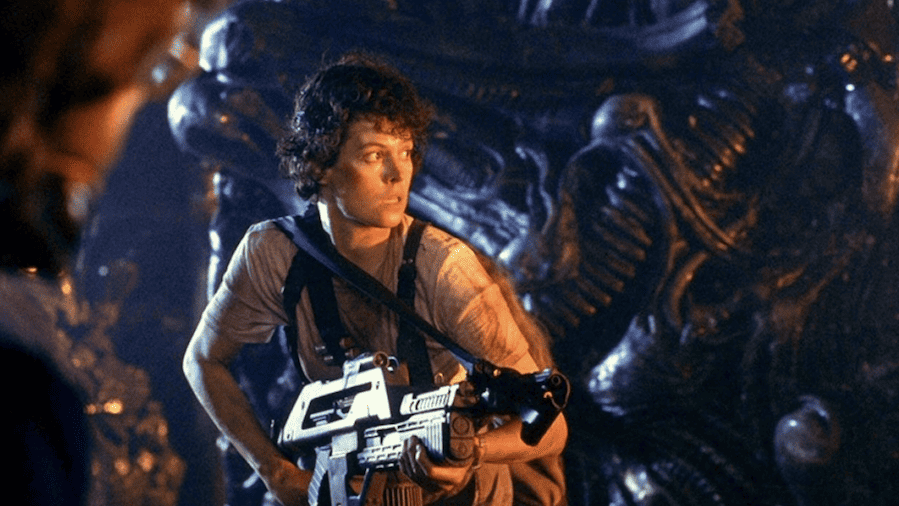James Cameron Ruining All His Classic Movies

We live in an era where technological wizardry revisits and remasters classic films. But that doesn’t mean, of course, that the remastering improves the original movies. Case in point: the recent 4K restorations of James Cameron’s iconic movies—Terminator 2: Judgment Day, True Lies, The Abyss, and Aliens—which sparked a wave of discontent among fans and cinephiles.
4K Restorations

The intent behind these restorations was, obviously and presumably, to enhance the viewing experience. But the extra, high-tech bells and whistles—notably the excessive use of Digital Noise Reduction (DNR)—have markedly depreciated the quality of the “improved” films.
For the average fan, these films endure what amounts to botched plastic surgery. The original cuts of movies like Aliens benefited from the authentic graininess we associate with them.
Their new, digitally botched clones lack the prior texture—and are demonstrably worse looking.
Eliminating Visual Noise

DNR translates to a technique employed in film restoration to, as proponents put it, eliminate “noise”—random speckles that appear on the film due to the inevitable degradation of the physical film stock (or the presence of grains in the original movie).
Like James Cameron’s movies, films shot decades ago are aesthetically inseparable from that physical, filmy texture.
Of course, the removal of this noise can engender a cleaner, ostensibly more “aesthetic” image. But such improvements often come at a significant cost.
Stripping Away Natural Film Grain

Indeed, DNR is a double-edged sword—or, perhaps, a single-edged sword, with only one crappy edge—as excessive DNR strips away the natural film grain. What results are a loss of detail and a decidedly plastic, artificial look corrupting the film.
Ultimately, the subsequent image deviates significantly from the original texture and atmosphere of the initial cut. With James Cameron’s filmography, the heavy-handed overuse of DNR results in credible criticisms that action classics like T2 and True Lies appear problematically “smooth,” lacking the original cuts’ depth, character, and quality.
Some Films Suffer

The once gritty, realistic textures, scenes, and sequences strike the naked eye as weirdly sterile and lifeless.
Of all Cameron’s films, Aliens and Terminator 2 probably suffer this indignity most visibly and jarringly; the old-school grain contributed palpable tension and mood to the original grain.
The same pros and cons characterized 4K restoration as a whole.
Previously Unseen Details

When undertaken judiciously, regardless of DNR, 4K restorations can significantly enhance a film’s visual experience; an enormous plasma monitor depicting a gorgeous 4K film is a hallmark of modern cinema viewing.
In James Cameron’s and anyone else ‘s works, 4K can bring out previously unseen details, providing clarity that added depth to the viewing experience.
Respective Restorations

However, it is imperative to approach these restorations respectfully, always bearing the original material in mind. It does not seem Cameron’s team is doing that.
Their overly aggressive approach, particularly with DNR, is taking a sequence of excellent films—particularly noted for their visual prowess—and turning them into excessively clean, anesthetized bastardizations of the movies we hold dear.
While restoring classic films through modern technology like 4K and DNR holds immense potential, it requires a sensitive, respectful approach. At the very least, James Cameron’s recent restorations, criticized for overusing DNR, serve as a cautionary tale.
Source: Reddit












